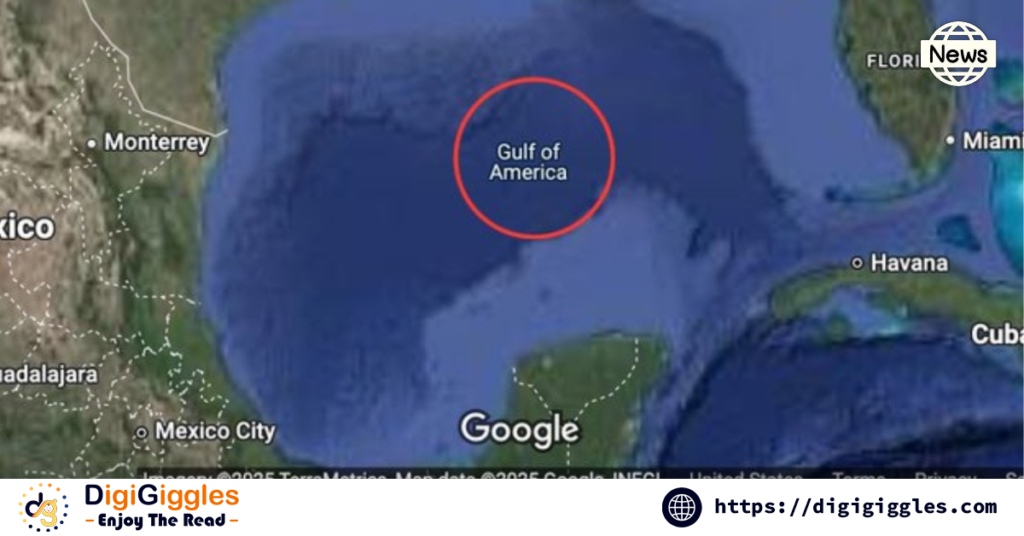
In a surprising geopolitical move, the United States has officially renamed the Gulf of Mexico as the “Gulf of America.” This decision, announced by top government officials, has sparked widespread debate across international forums, diplomatic circles, and social media platforms. The announcement came with a detailed statement citing national interests and historical significance as reasons for the rebranding.
This renaming decision, however, has drawn mixed reactions from neighboring countries and maritime experts. Mexico, whose eastern coastline borders the vast body of water, expressed strong opposition, labeling the move “unilateral and unjust.” Mexican officials have stated that the Gulf of Mexico holds historical and cultural importance for their country, and any attempt to rename it undermines years of regional cooperation.
Experts have pointed out that the renaming of such a significant water body could have far-reaching implications, not just diplomatically but also in terms of mapping, international agreements, and maritime navigation. Scholars argue that names of geographical features are often intertwined with national identity and history, making changes politically sensitive.
A senior US official, speaking on the condition of anonymity, stated, “The decision was made after thorough deliberation, keeping America’s strategic interests in mind. The Gulf plays a crucial role in trade, energy production, and environmental conservation, and we believe this renaming reinforces its importance to the United States.”
Meanwhile, social media users are divided. While some Americans have embraced the new name as a symbol of national pride, others have criticized it as unnecessary and provocative. On the other hand, users from neighboring countries have mocked the decision with satirical memes and posts questioning the rationale behind the rebranding.
Environmentalists have also weighed in, urging leaders to focus on the pressing issues faced by the Gulf, such as pollution and climate change, rather than indulging in symbolic renaming efforts. One environmental advocate commented, “Call it the Gulf of America or Gulf of Mexico, but what matters is protecting its waters and marine life for future generations.”
Historically, the Gulf of Mexico has been a critical maritime region, serving as a hub for trade, fishing, and energy resources. It is one of the world’s most productive ecosystems and holds immense economic significance for countries bordering it.
Whether the international community will recognize the name change remains to be seen. The United Nations and global mapping authorities have yet to issue an official response.
For now, what seems certain is that this decision will continue to fuel debates in political, environmental, and public domains. Only time will tell if the name “Gulf of America” will be widely adopted or remain a contentious point in regional diplomacy.